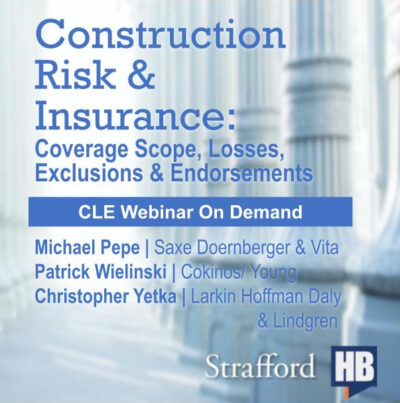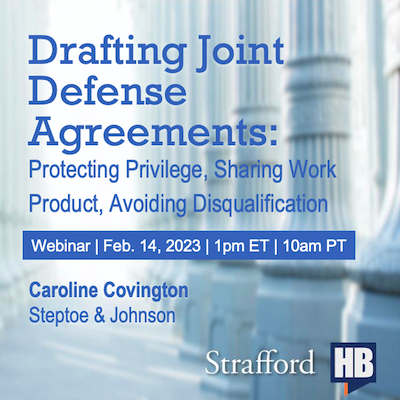Daubert Motions in Construction Litigation: Standards for Expert Witnesses in Design and Defect Claims
Daubert Motions in Construction Litigation: Standards for Expert Witnesses in Design and Defect Claims Raising or Defending Daubert Challenges to Admitting Expert Testimony In most construction suits, both sides rely on experts to provide opinions and testimony supporting or against claims of liability and damages. Such expert testimony often involves determining fault for design and construction defects, schedule delays, and worker inefficiency. Expert opinion and testimony impact all parties in a construction dispute, including property owners, developers, financial institutions, design professionals, contractors, subcontractors, suppliers, and vendors.The Daubert/Frye ruling and the body of law on challenging expert opinions and testimony continue to evolve for construction disputes in both state and federal courts. Courts permit testing expert of testimony and an expert’s foundational methodology or technique to ensure that it is relevant and reliable.Listen as our panel of construction litigators discusses the applicability of the Daubert/Frye standards to the presentation of expert testimony in construction disputes, analyzes what is required to successfully raise or defend a challenge to the admission of expert testimony, and provides guidance for using experts in construction cases. Outline Dispositive motions in the Daubert hearing: the Daubert challenge Frye standards: how they differ from Daubert standards Application to construction cases Application to scheduling, construction defects, and damages Future impact of Daubert/Frye on construction claims Lessons from court rulings A Strafford production specially selected for HB audiences. [...]


